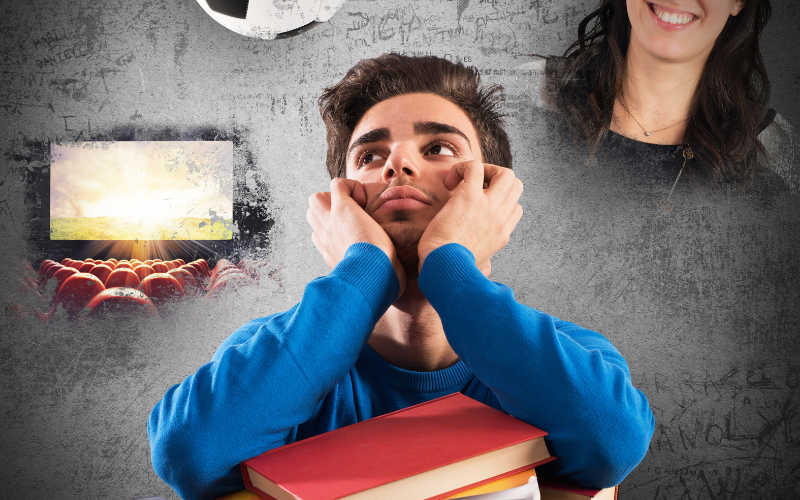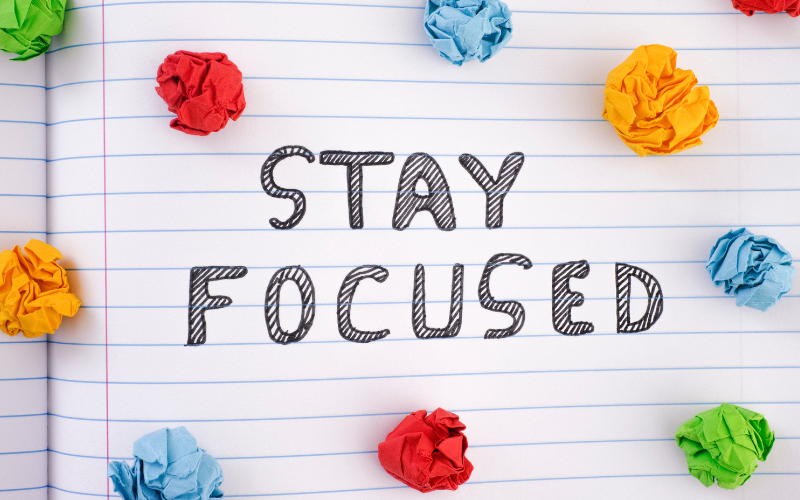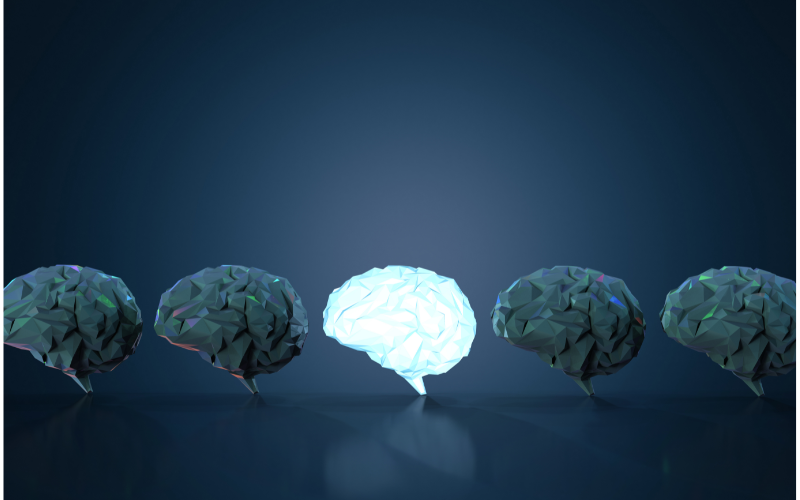Distraction is a common challenge that affects many people, especially in today’s fast-paced world where there are endless demands on our time and attention. The good news is that there are effective techniques for managing and overcoming distractions, allowing us to stay focused and productive. In this article, we’ll explore the science of distractions, common distraction techniques, and how to choose and implement the right technique for you.
Understanding Distractions
Distractions are a natural part of life, but they can also be detrimental to our productivity and well-being. It’s important to understand the different types of distractions and how they impact our lives. Some common distractions include technology, social media, work demands, and personal responsibilities. These distractions can lead to decreased focus and concentration, decreased productivity, and increased stress levels.
The Science of Distractions
The science behind distractions is complex, but it’s important to understand how our brains respond to distractions in order to effectively manage them. When our brains are distracted, it’s difficult to stay focused and productive. In fact, research has shown that it can take up to 25 minutes to refocus after a distraction. Additionally, distractions can have a negative impact on our mental health, leading to increased stress levels and decreased well-being.
Advanced Distraction Techniques
For those seeking more advanced techniques, visualization and imagination techniques, cognitive behavioral therapy (CBT), and mind mapping and brainstorming can be highly effective. These techniques can help you better understand and manage your thoughts and emotions, leading to increased focus and reduced distractions.

Choosing the Right Distraction Technique
When choosing a distraction technique, it’s important to consider your personal needs and preferences. Factors such as your work schedule, lifestyle, and personal goals can all impact the effectiveness of different techniques. It’s important to experiment with different techniques to find what works best for you, and to be open to trying new techniques as needed.
Implementing Distraction Techniques in Daily Life
Distraction techniques are methods for managing and reducing distractions in our lives, allowing us to stay focused and productive. Here are some good distraction techniques that can help:
- Mindfulness and meditation: Mindfulness and meditation can help you stay in the present moment and reduce stress levels, leading to improved focus and concentration.
- Exercise and physical activity: Regular physical activity can improve focus and boost overall well-being.
- Time management and prioritization: Effective time management can help you stay on track and avoid distractions, while prioritizing tasks can help you focus on what’s most important.
- Eliminating distractions in the environment: Clearing away clutter and minimizing distractions in your physical environment can help you stay focused and productive.
- Visualization and imagination techniques: Visualization and imagination techniques can help you better understand and manage your thoughts and emotions, leading to increased focus and reduced distractions.
- Cognitive Behavioral Therapy (CBT): CBT can help you change negative thought patterns and behaviors that contribute to distractions.
- Mind mapping and brainstorming: Mind mapping and brainstorming can help you clarify your thoughts and ideas, leading to improved focus and productivity.
- Yoga and relaxation techniques: Yoga and relaxation techniques can help reduce stress levels and improve focus, making them effective distraction techniques.
Common Mistakes to Avoid
It’s important to avoid overusing distraction techniques, as this can lead to burnout and decreased effectiveness over time. Additionally, it’s important to seek professional help when needed, especially if you are struggling with chronic distractions or have a mental health condition that is impacting your ability to stay focused.
Combining Distraction Techniques for Maximum Effectiveness
Combining different methods can lead to even greater success in managing distractions. For example, incorporating mindfulness meditation into your exercise routine, or using visualization techniques to stay focused during a mind mapping session. Finding the right balance of techniques for you is key, and may take some trial and error to get right.
Staying the Course with Distraction Techniques
Staying committed to using distraction methods is essential for their success. This means overcoming setbacks and challenges, and being open to making changes and adjustments as needed. Maintaining focus and staying motivated can also be helped by seeking support from others, setting achievable goals, and tracking your progress.

The Benefits
The benefits of using distraction techniques are numerous, including increased productivity and performance, improved mental health and well-being, and enhanced focus and concentration. By taking the time to understand and manage distractions, we can live more fulfilling and productive lives.
Conclusion
In conclusion, distractions are a common challenge in today’s fast-paced world, but they can be effectively managed with the right techniques. From mindfulness and meditation to exercise and visualization, there are many effective methods to choose from. The key is to find what works best for you, and to stay committed to using the techniques in your daily life. With the right approach, you can overcome distractions and achieve greater focus and success in all areas of your life.

FAQs
How can distraction techniques improve my mental health and well-being?
Distraction methods, such as mindfulness and meditation, can help reduce stress levels and improve mental well-being. By managing distractions and improving focus, you can lead a more fulfilling and balanced life.
What are the benefits of using multiple distraction techniques?
Using multiple distraction techniques can lead to even greater success in managing distractions. By combining techniques, you can find the right balance for your personal needs and preferences, leading to improved focus, productivity, and mental health.
Is it possible to overuse distraction methods?
Yes, it is possible to overuse distraction techniques, which can lead to burnout and decreased effectiveness over time. It’s important to find the right balance of techniques for your needs, and to seek professional help when needed.
How can I stay committed to using these techniques?
Staying committed to using distraction techniques requires overcoming setbacks and challenges, and being open to making changes and adjustments as needed. Seeking support from others, setting achievable goals, and tracking your progress can also help maintain focus and motivation.
Can distraction techniques improve my productivity and performance?
Yes, they can improve productivity and performance by reducing distractions and increasing focus. By managing distractions effectively, you can achieve greater success in both your personal and professional life.



